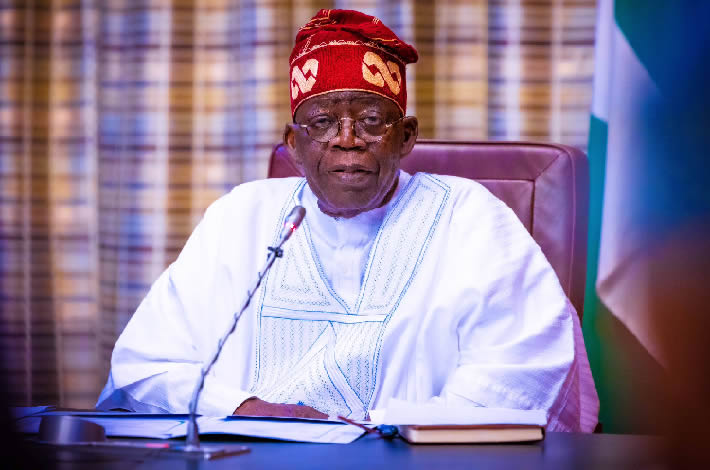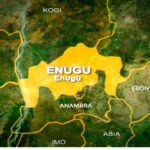
“We are closely monitoring the situation and developments in Niger and we will do everything within our powers to ensure democracy is firmly planted, nurtured, well rooted and thrives in our region,” Tinubu said in his capacity as Chairman, ECOWAS Authority of Heads of State and Government.
On Wednesday afternoon, local media reported that Nigerien President, Mohamed Bazoum, is being detained by members of the Presidential Guard, who have been given an “ultimatum” by the army.
Disgruntled members of the guard had cordoned off access to the president’s residence and offices, and after talks broke down, they “refused to release the president.”
President Bazoum is at his residence with his family, AFP reports.
Bazoum was democratically elected in 2021, taking the helm of the landlocked West African state in April of that year.
Tinubu described information filtering in from Nigeria’s northeastern neighbour as “unpleasant developments,” stating firmly that “The ECOWAS leadership will not accept any action that impedes the smooth functioning of legitimate authority in Niger or any part of West Africa.”
The President said it should be quite clear to all players in the Republic of Niger that the leadership of the ECOWAS Region and all lovers of democracy around the world “will not tolerate any situation that incapacitates the democratically-elected government of the country.”
Tinubu revealed that he is in close consultation with other leaders in the region, and collectively, they shall protect Niger’s “hard-earned democracy in line with the universally acceptable principle of constitutionalism.”
He said, “As the Chairperson of ECOWAS Authority of Heads of State and Government, I state without equivocation that Nigeria stands firmly with the elected government in Niger and equally conveys the absolute resolve of leaders in our sub-region that we shall not waiver or flinch on our stand to defend and preserve constitutional order.”
Wednesday’s development might be the fifth attempt to topple a sitting West African Head of State in under four years.
In May 2021, the administration of Malian President, Bah N’daw, fell to a military coup led by Vice President Assimi Goïta.
Four months later, Guinean President, Alpha Condé, was ousted from power by the country’s special forces, led by its commander, Mamady Doumbouya.
In January 2022, the Burkinabe military deposed the administration of President Roch Kaboré. In September of that year, Burkina Faso suffered its second coup when the head of an artillery unit of the country’s Armed Forces, Captain Ibrahim Traoré, declared himself head of state.
Neighbouring Guinea-Bissau nearly suffered a similar fate when Umaro Embaló’s administration was almost toppled in February 2022.
Findings by The PUNCH revealed at least 48 coup d’êtas and coup attempts on African administrations and regimes since 2010.
Since 2015, 24 coups and coup attempts have been reportedly carried out, leading to unstable regimes and destabilised economies in Africa.
The affected states include Burundi, Burkina, Central African Republic, Libya, The Gambia, Zimbabwe, Equatorial Guinea, Gabon, Sudan, Ethiopia, Mali, Tunisia, Guinea, Guinea Bissau, Mali and Sao Tome and Principe.





